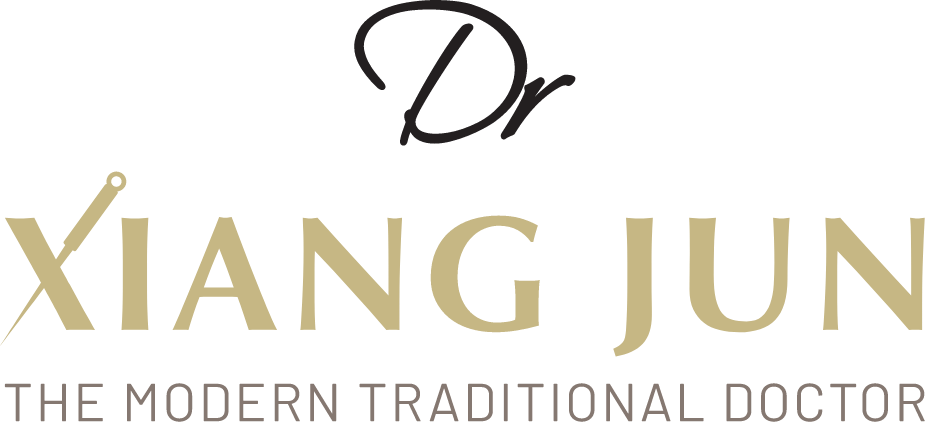Hormonal Imbalance in Western Medicine and Traditional Chinese Medicine
What are Hormones in Science and Western Medicine?
Hormones are the body’s chemical messengers that coordinate various functions of the body by carrying and sending the messages and signals through the blood to the organs, skin, muscles and other tissues, telling them what to do and when to do it. Therefore hormones control many of the body’s major processes such as metabolism, growth and development, homeostasis, sexual function, reproduction, sleep-wake cycle and mood which are essential for life and for health.
What is Hormonal Imbalance in Science and Western Medicine?
Hormones are powerful and highly sensitive signals and messengers of the body. The hormonal system is also a highly delicate one as a slight increase or decrease in one of the hormones can result in major changes to the body and ultimately lead to health conditions and illnesses that need medical intervention.
The changes in hormones which can lead to imbalance can be caused by natural body cycle changes or external factors. Puberty, pregnancy, menopause and andropause are some of the natural body changes that can cause hormonal imbalance. External factors such as stress, injury or trauma, eating disorders, hormone therapy, medications, cancer treatments such as chemotherapy, tumors, pituitary tumors are what can also result in hormonal imbalance.
It is also noteworthy to understand that some hormonal imbalances are temporary while some are chronic. Some imbalances require treatment while some do not require treatment but can lower the quality of life by putting the body into a suboptimal health state.
What are Hormones and Hormonal Imbalance in Traditional Chinese Medicine?
The term ‘hormones’ is a scientific term to describe the body’s chemical messengers that coordinate bodily functions.
In Traditional Chinese Medicine, hormones are non-existent in its philosophy but the concept of hormonal balance is closely related to the concept of Yin Yang balance.
Yin Yang relationships are interdependent and delicate. Just like the hormones, they depend on one another to function properly and too much or too little of one another will tip the balance immediately, leading to a cascade of feedback loops as the body attempts to rebalance itself.
Hormonal imbalance in Traditional Chinese Medicine can therefore be seen as Yin Yang imbalance.
Signs and Symptoms of Hormonal Imbalance in Western Medicine and Traditional Chinese Medicine
As Traditional Chinese Medicine analyses illnesses using differential diagnosis to evaluate and pinpoint the root causation of imbalances, I have hereby placed the common signs and symptoms of hormonal imbalance in Western Medicine side by side with the diagnosis in Traditional Chinese Medicine so we can see the relationship and overlap between the two systems of medicines.
Further Reading:
Everything you need to know about Acupuncture
Hormone Imbalanced Skin and How TCM and Acupuncture can Help Hormone Balance
Hidden Signs of Hormonal Imbalance
Hormonal Glands Interconnectedness, Hormone Feedback Loops, Conventional Treatment and Side Effects
Acupuncture for Hormonal Imbalance
Are you ashamed of having menses?
What should you not do before Acupuncture?
Testimonial for Digestive Health Bloatedness
Testimonial for Chronic Fatigue
Adrenal Fatigue and How It Can Be Treated
Is Chocolate Really Good as a Positive Emotional Builder?
How Acupuncture Help with Fatigue
Facial Acupuncture - How to differentiate the real deal from the fakers
Women’s Health: It is not normal to have cysts and fibroids
Men’s Health: Signs of Male Menopause



